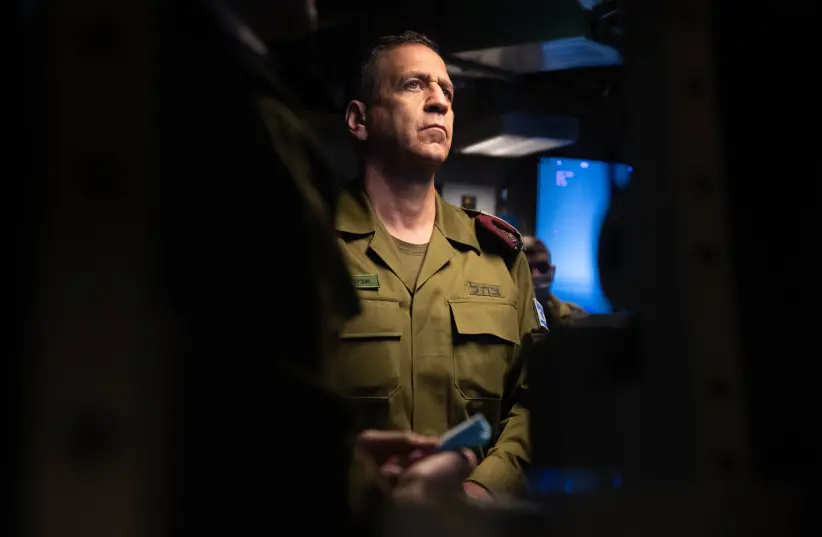Aviv Kohavi wraps up his term and tells the ‘Magazine’ about plans for war with Hezbollah, attacks on Iran, and concern over new legislation.
In March, Israel will mark a decade to what the IDF calls the “Mabam” – a Hebrew acronym for the war-between-wars, otherwise known as the covert shadow campaign that the country wages fiercely against Iran and its regional proxies.
Back in 2013, when the Mabam first started, there was a total of three attacks the entire year. In 2014, the number increased to about eight. Nothing, though, has been like the past year during which the IDF has an Iranian target somewhere in the Middle East, on an average of at least once a week.
These are attacks that take place in Syria, Lebanon, Iran, Iraq and beyond. Some we hear about; many we don’t. Some are seamless and go by without a single enemy shot fired; some see Israel Air Force fighter pilots coming under intense enemy missile fire.
What it means is that although the public might not feel it, the IDF is constantly operating, seeing action, and preparing for war.
The man who has overseen this rapid pace of operations is Lt.-Gen. Aviv Kohavi, the IDF chief of staff who will hang up his uniform on Monday after more than 40 years of service. One success he takes pride in is denying Iran the ability to establish a “Hezbollah II” in Syria.
The last four years have been intense. In addition to the significant increase in Mabam operations, Kohavi has overseen four operations against Hamas and Islamic Jihad in the Gaza Strip; he forged a unique alliance with the US military; he traveled the Middle East; he initiated a revolutionary digital transformation throughout the military; he prepared the IDF for war with Hezbollah; and he also upgraded operational plans and training for what could one day be Israel’s most complex mission in its 75-year history: an attack against Iran’s nuclear facilities.
In an extensive interview with The Jerusalem Post from his spacious office at the Kirya military headquarters in Tel Aviv, Kohavi spoke openly about his concerns about the new government’s plans to change the way the Civil Administration operates in the West Bank. He spoke about his phone call a few weeks ago with Benjamin Netanyahu before the government was formed and how it was “his duty” to voice this concern.

